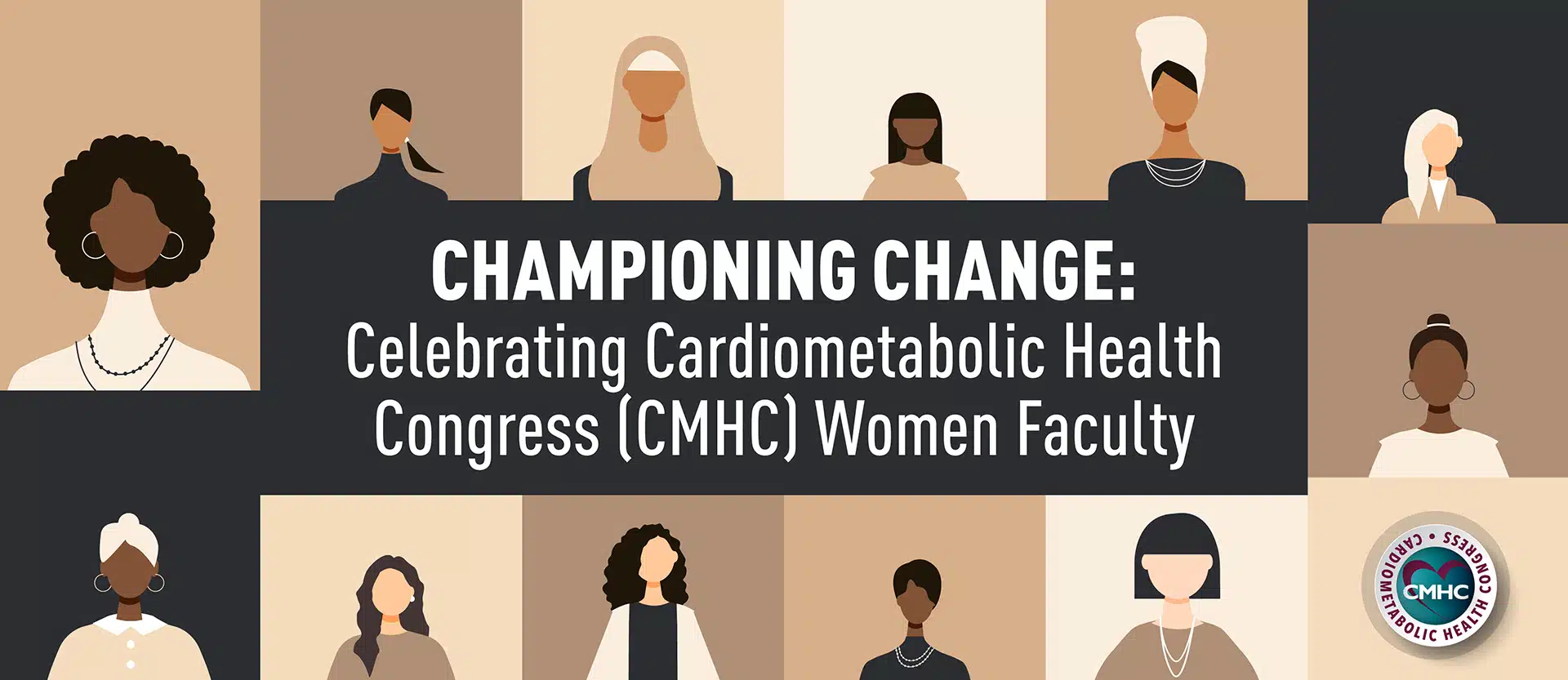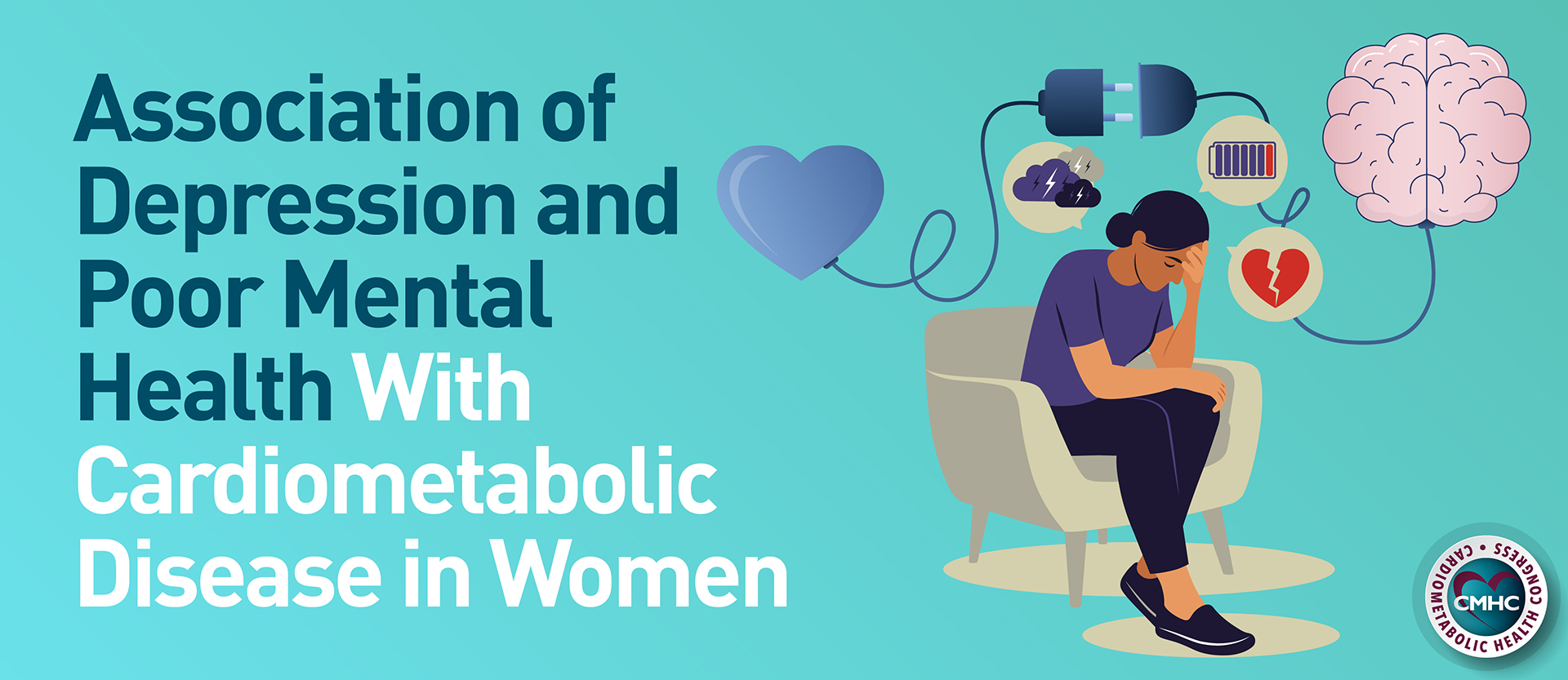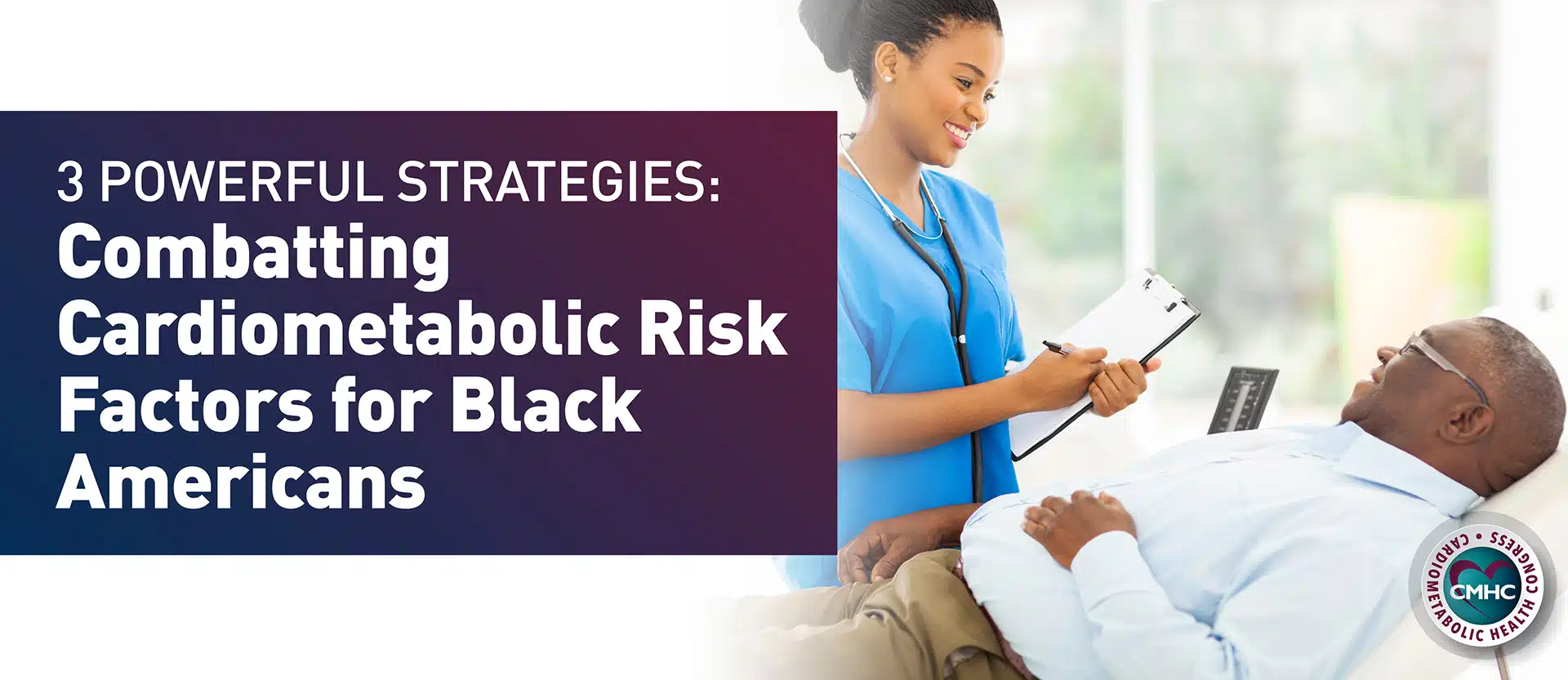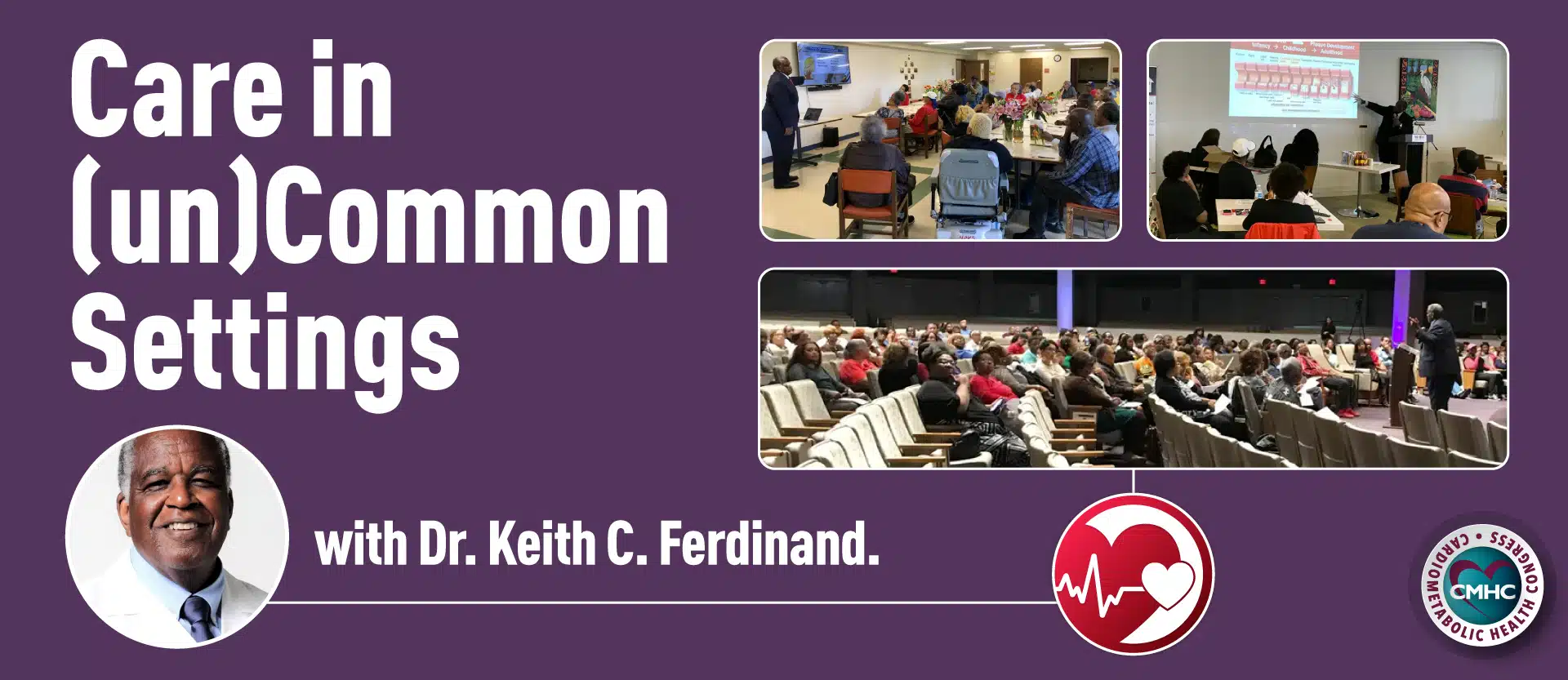It’s Women’s History Month, and now, more than ever before, we are at a tipping point. There is increased cognizance of gender inequality and the importance of inclusive and diverse approaches to medical research.
The Gender Gap: Women in Science by the Numbers:
- Half of all graduate and postgraduate students are women. Yet, women make up just one-third of math and science master’s and doctorate program graduates.
- Between 1901 and 2019, the Nobel Prizes were awarded to 21 women out of 615 scientists. Only one woman, Marie Curie, has been honored twice, with the Nobel Prize in Physics in 1903 and the Nobel Prize in Chemistry in 1911.
- Since 2019, women have accounted for (50.5%) of most US medical students. This rate is steadily increasing and should soon impact the number of female doctors entering the workforce. However, women remain concentrated in certain specialties (pediatrics and women’s specialties) and are less likely to be promoted to healthcare leadership roles.
Historically, women have been underrepresented in scientific fields, and this spills over into the research and study of women’s health. At the same time, we know that there are gender differences in health, including differences in pain perception and management, hormonal changes in brain and pain, and cardiometabolic risk factors, among other factors contributing to the complex interplay of sex and gender in health.
Women have been undervalued, underdiagnosed, undertreated, and underresearched. Across the board, protocols designed for men have been applied as one-size-fits-all to women without consideration for gender-based prevention, diagnosis, and treatment. The gap widens when we explore sociocultural factors driving the underdiagnosis and underestimation of pain for women.
One of the main reasons for the female gender gap in healthcare is the almost complete absence of role models.
Now for the good news: Women are shattering barriers every day and, one by one, breaking the glass ceiling in medicine. There are more women in medical science careers and positions of leadership than ever before in history. Today, let’s dedicate this space to recognizing and celebrating the women on our faculty who have made significant contributions to the field of cardiometabolic medicine and inspiring and empowering the next generation of women in medicine!
Honoring Nine Trailblazing Women on the Cardiometabolic Health Congress (CMHC) Faculty
Erin Michos, MD: An internationally known author and expert in preventive cardiology and women’s health. Her research focuses on women’s cardiovascular health and cardio-obstetrics, cardiovascular risk prediction using coronary artery calcium scores and biomarkers, lipids, and cardiometabolic diseases.
Pam R. Taub, MD: She is a Professor of Medicine, board-certified cardiologist, and founding director of the Step Family Foundation Cardiac Rehabilitation and Wellness Center at UC San Diego. Dr. Taub was responsible for creating the center, which provides a comprehensive cardiac rehabilitation program for patients with established heart disease.
Her clinical practice focuses on preventive cardiology, lipidology, and women’s cardiovascular health.
Fatima Cody Stanford, MD: Practices and teaches at Massachusetts General Hospital and Harvard Medical School. She is one of the first fellowship-trained obesity medicine physicians in the world. Dr. Stanford has served as a health communications fellow for the U.S. Centers for Disease Control and Prevention and as a behavioral sciences intern at the American Cancer Society.
She also completed a media internship at the Discovery Channel and was the recipient of the Gold Congressional Award – the highest honor the US Congress bestows upon America’s youth.
Anuradha Lala-Trindade, MD: She focuses on the selection and care of patients with mechanical circulatory support devices and heart transplantation, genetic cardiomyopathies, and perioperative management of high-risk cardiac surgical cases. Dr. Lala-Trindade serves as the director of Heart Failure Research and leads the Data Coordinating Center for the NHLBI Cardiothoracic Surgery Network.
Pamela B. Morris, MD: Board-certified in internal medicine, cardiovascular diseases, cardiac computed tomography, and clinical lipidology. As medical director of Duke University’s Preventive Approach to Cardiology Program (now the Duke Center for Living) and Consultant to Mayo Clinic Cardiovascular Health Clinic, she specialized in cardiovascular disease prevention, clinical lipidology, and sex-specific issues in cardiovascular care.
Currently a professor at the Medical University of South Carolina (MUSC), Dr. Morris leads its Seinsheimer Cardiovascular Health Program and is co-director of MUSC Women’s Heart Care.
Brittany Weber MD, Ph.D.: An instructor of medicine at Harvard University Medical School and associate physician in preventative cardiology and cardiovascular imaging at Brigham and Women’s Hospital, where she directs the cardio-rheumatology clinic. Her clinical interests include cardiovascular risk stratification and prevention with patients with systemic inflammatory disorders.
Jennifer Green, MD: Professor of medicine in the Division of Endocrinology, Metabolism, and Nutrition at Duke University and a Duke Clinical Research Institute (DCRI) faculty member. She researches strategies to treat diabetes mellitus and reduce the risk of cardiovascular, renal, and other diabetes-related complications.
Her work with the DCRI includes protocol development, oversight of adjudication committees, and clinical and operational leadership for several large, international trials designed to determine the cardiovascular effects of glucose-lowering medications.
Anne L. Peters, MD: Professor at the Keck School of Medicine of the University of Southern California and the Director of the USC Clinical Diabetes Programs. She also directs diabetes centers in Beverly Hills and underserved East Los Angeles and works with the LA County Department of Health Services on a county-wide diabetes program.
Rachel M. Bond, MD: She is a board-certified attending cardiologist who has devoted her career to the treatment of heart disease through early detection, education, and prevention. Dr. Bond is the system director of Women’s Heart Health at Dignity Health in Chandler, Arizona, the co-chair of the Women in Cardiology Committee, and chair of the Diversity and Inclusion Committee for the Arizona Chapter of the American College of Cardiology.
She was recently appointed to serve on the Women in Cardiology Section Leadership Council for the National Chapter of the American College of Cardiology. She holds a faculty position as assistant professor of Internal Medicine at Creighton University School of Medicine.
How To Tip the Scales and Increase Female Representation in Cardiometabolic Medicine
All this momentum has been building. You can practically feel the energy and passion driving equal representation of women in medicine. What we do next has the power to usher in an era of medical science where women are represented equally in scientific research, valued, and given the freedom to innovate, enhance human health, and extend lifespan.
Become A Mentor: Effective mentorship is vital to career growth and advancement. A framework for mentor-mentees can help promote and retain women in academic medicine. Mentorship opportunities that are formal and develop naturally substantially impact women’s representation in healthcare leadership and attract more women to male-dominated specialties. Join a mentorship program at your workplace; if none exists, you can suggest adding a mentorship program with leadership. Everyone can do their part to offer female peers the guidance and support they need to thrive in medical science.
Support STEM Programming: Dedicated programs and organizations that offer targeted support for women in science are essential at all career stages. Explore local and broader opportunities to empower women in medical science. Some great places to start are at your current workplace, alma mater, and local colleges.
Creating an Inclusive Space at Work: Healthcare organizations should already have policies that promote equitable hiring and promoting. However, gender bias persists, and current practices may perpetuate gender stereotypes. You can counter this by becoming an advocate:
- Actively recognize and celebrate your female colleagues’ work in meetings, presentations, and publications.
- Become aware of conscious and unconscious gender biases and make efforts to eliminate these practices. For example, you can reform the interview process by standardizing interview questions.
- Promoting flexibility and work-life balance is critical to addressing gender equity. You can be a champion for adaptable work structures and family-friendly policies.
Check Out Inspiring Initiatives That Aim to Close the Gender Gap in Cardiometabolic Medicine:
- Science.org curated advice from female scientists from around the world.
- biaswatchneuro seeks to track representation and raise awareness of gender bias.
- AAMC Mid-Career Women Faculty Leadership Development Seminar equips mid-career women faculty with the knowledge and skills for leadership in academic medicine and science.
- AAMC Early Career Women Faculty Leadership Development Seminar provides women with foundational leadership knowledge and skills to achieve their career goals and become a successful leader in academic medicine and science.
- CMHC and Women as One Future Leaders in Cardiometabolic Health Fellowship Program provides women with access to cardiometabolic educational events and mentorship.
- CMHC Women’s Cardiometabloc Health and Wellness Masterclass brings together dedicated clinicians to advance the standard of cardiometabolic care for women.


















